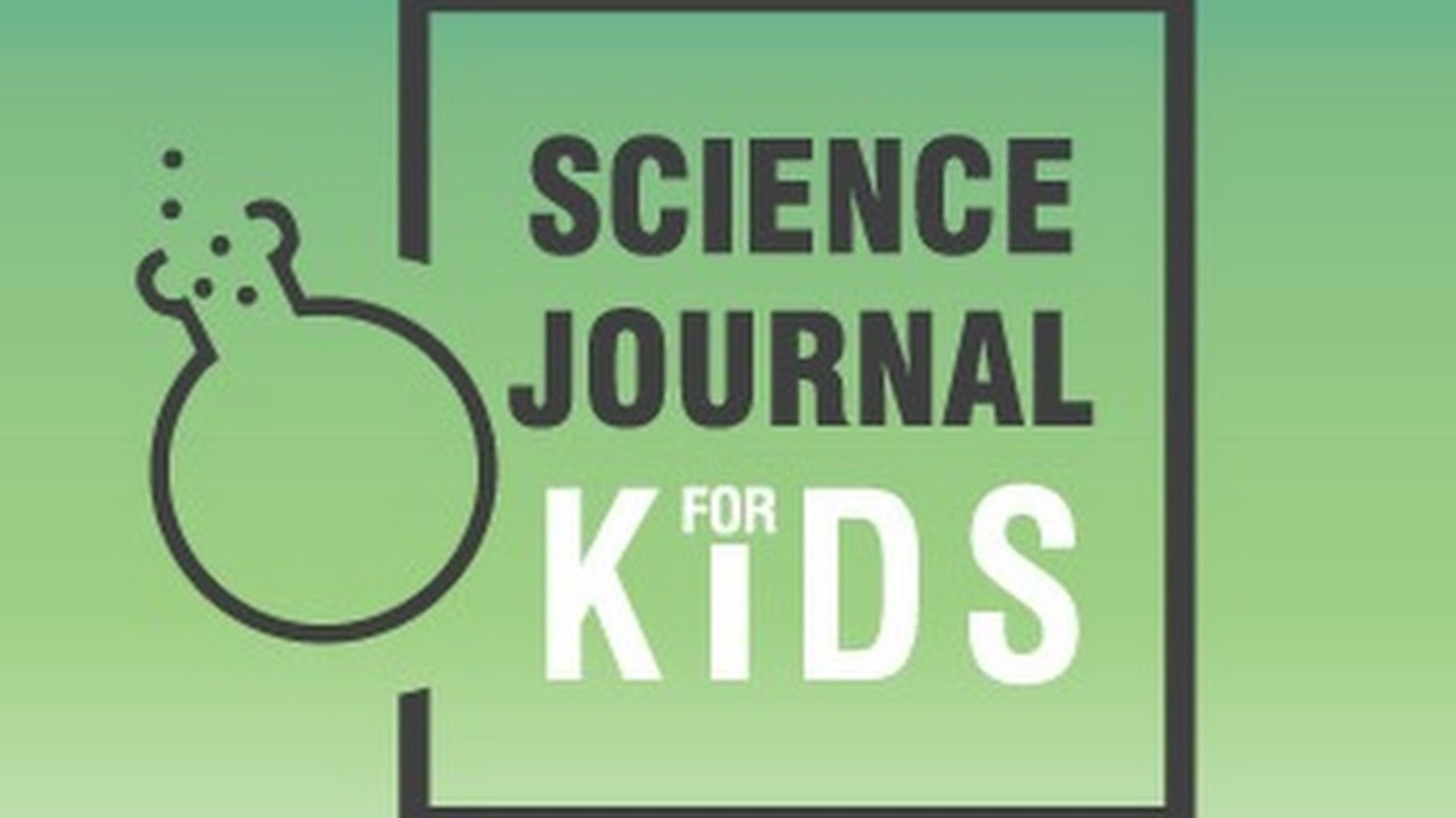The Back Page(8)
Gleanings
Laptop Lessons
Some heartening news for proponents of 1-to-1 computing in schools: a recent study out of Canada links wireless laptop use with improved English skills. Conducted by the Peace River North School District in British Columbia, whose Wireless Writing Project puts notebook computers in the hands of sixth- and seventh-graders, the study found 92 percent of kids who had participated in the program for a year met the province's writing performance standards-a 22 percent leap from their pretest scores and about double the provincial average.
Florida Teens Take to the Web
T&L QuickPoll
Is spam a critical problem for your school or district?Significant problem: 89%
Not a significant problem: 11%
Is there something in the water down there? According to a new America Online/Digital Marketing Services Inc. survey, Floridian teenagers are among the most active Internet users in the nation. The study, which ranked cities by the percentage of time kids ages 13-17 spend online between five and seven days a week, put Tampa/St. Petersburg in second place at 83 percent, with Miami/Ft. Lauderdale coming in fifth at 81.2 percent. Top "honors," however, went to Boston, where 87.1 percent of teens log on most days out of the week.
Spam Begone
Tech & Learning Newsletter
Tools and ideas to transform education. Sign up below.
An overwhelming majority of respondents to our latest QuickPoll-89 percent-reported that despite recent legislation to curb it, spam is still a significant problem for them, overtaxing school servers and inundating teacher and student mailboxes on a daily basis. In fact, one educator estimated 80 percent of the e-mail she receives at her school account is unwanted. On the other hand, 11 percent of readers said it wasn't such a big deal, with many giving credit to their district's filtering tool.
Hit List
Books
School choice in Milwaukee is not living up to its promise, according to Emily Van Dunk and Anneliese Dickman who conducted meticulous research on the city's 14-year-old publicly funded voucher program for School Choice and the Question of Accountability: The Milwaukee Experience. What they discovered is the competitive market theory on which the initiative is based-casting parents as consumers of education who send messages to schools by the decisions they make-isn't working. Parents tend to be ill-informed about their options. And public schools don't lose money when their students switch to voucher schools, providing little incentive for change. The book is not a debate about the merits of voucher programs, but rather how they are implemented and what measures could be taken to reform them. While on the dry side, it would be useful for anyone seriously immersed in school choice issues. Yale University Press; http://www.yale.edu/yup
Online
For lovers of oration, AmericanRhetoric. com offers an astonishingly vast database of public speeches, debates, memorable movie lines, and other recorded media. At the site's core is an Online Speech Bank that lets users search for over 5,000 text, audio, and video versions of notable addresses, from Martin Luther King, Jr.'s "I Have a Dream" speech to Elie Wiesel's "Perils of Indifference." Equally valuable is the more current material that's been added to the collection, including public discourse surrounding 9/11 and the Iraq war. English teachers in particular will flip over the Audio Figures section, which illustrates figures of speech from a variety of sources. Kids can learn about alliteration, for example, by listening to a Taco Bell commercial, Richard Gephardt, and Austin Powers. http://www.americanrhetoric.com
